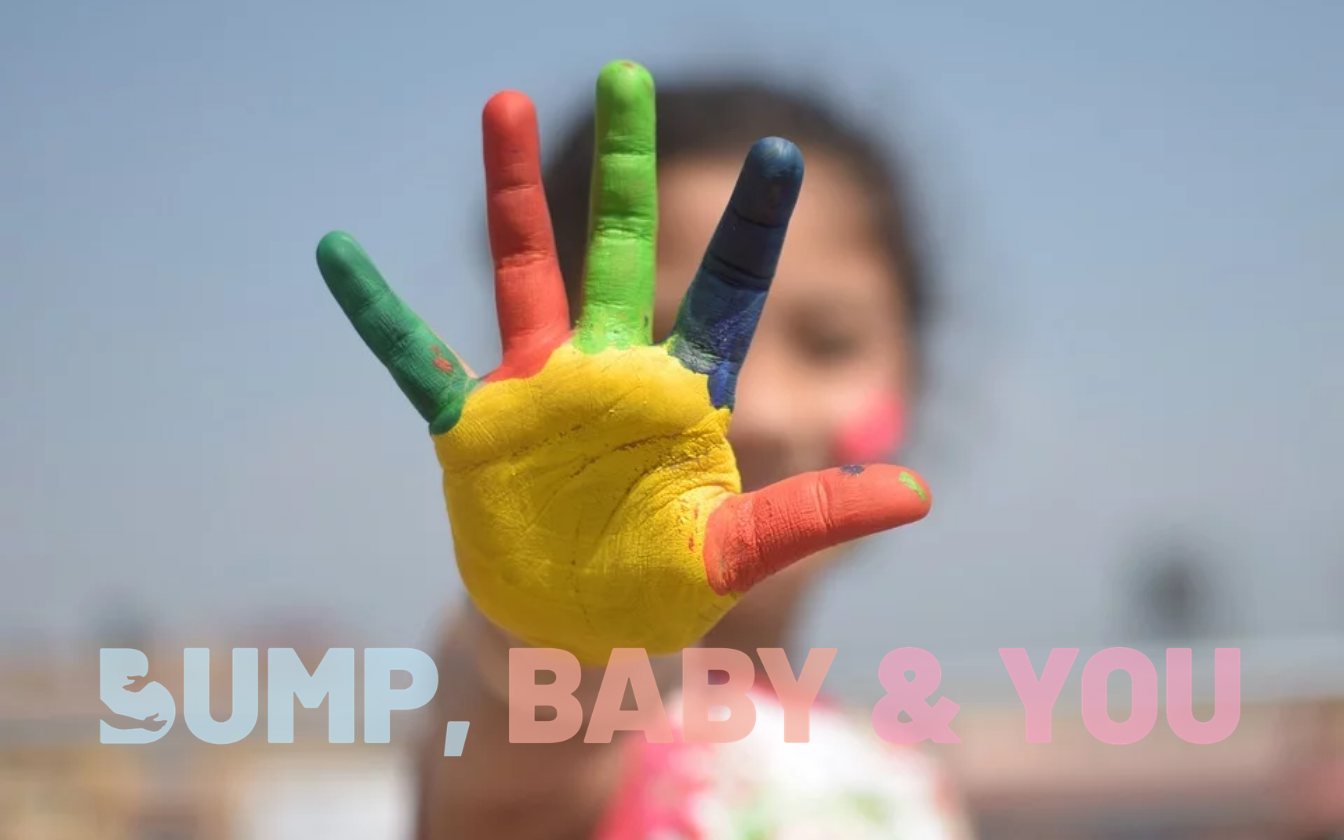

The 11th of November to the 15th of November is Anti-Bullying Week 2019.
What is Anti-Bullying Week?
Anti-Bullying Week is an awareness raising event that happens in schools across England each November. It’s a great opportunity to educate on what bullying is, how to deal with bullying, and raise awareness of the consequences of bullying.
As parents and caregivers, this is a topic that is so relevant to all of us. We’ll all have children who are either in school or due to start school, and it’s unfortunate that some of us may be in a position whereby our child reports being bullied, or even becomes a bully. There is still a residual (old fashioned) attitude that bullying is ‘normal’, ‘part of life’ and even ‘character building’ – this really isn’t the case. Bullying doesn’t need to happen, and it shouldn’t happen. Children should be able to access their education without being worried about going to school, simply, so it’s important that we all discuss bullying with our children and for educators, with our pupils.
The 2019 Theme is ‘Change Starts With Us’…

The Anti-Bullying Alliance has worked with over 1000 children and young people to decide upon this theme. The aim of this theme is…
“Small change. Big difference.
Whether it is verbal, physical, online or in-person, bullying has a significant impact on a child’s life well in to adulthood. By making small, simple changes, we can break this cycle and create a safe environment for everyone. Because together, we can challenge bullying. Change starts with a conversation. It starts with checking in. It starts with work together.
Change starts here.
Change starts now.
Change starts with us.This year the goal is to inform schools and settings, children and young people, parents and carers to know that it takes a collective responsibility to stop bullying. We are excited for this campaign as we want to create empowering, positive messages addressing the fact that when it comes to bullying CHANGE STARTS WITH US!” (Anti-Bullying Alliance)
How Can We Get Involved?
- Take part in Odd Socks Day on the 12th of November to celebrate what is different about us all! You can download the Odd Socks pack and information here.
- Ask pupils to nominate a member of school staff who they feel works hard towards creating a safe school.
- Post on social media about bullying; share stories, experiences and tips to being the topic to the forefront of public attention and remove the stigma.
- Talk to your children often about bullying, the signs, why bullying is bad and ensure them that they can speak to you if they’re upset.
- Download official Anti-Bullying alliance resources here.
Dealing With Our Children Being Bullied (Or Being The Bully!)…
Most parents dread, above and beyond all when it comes to starting school, bullying. No one wants their little one to feel marginalised, mocked, threatened or disliked and contrary to some older attitudes, it really isn’t ‘just part of growing up’ – this attitude is why bullying is often brushed off and then continues for another generation.
My Child is Being Bullied…
- Listen without getting angry or upset – your child may struggle to discuss this with you if you’re showing negative emotion even though it’s aimed towards the bully and not them.
- Ask your child how they want to take this forward; who do they want you to take the matter to?
- Teach your child how to appear confident and self assured even if they don’t feel it.
- Find your child a hobby, skill or activity that builds their confidence and that they enjoy.
- Don’t barge into school straight to the head – children often dread a huge reaction and worry that it’ll make the bullying worse.
- Lyndall Horton-James, Bullying Prevention Education Consultant, says to NEVER dismiss bullying as ‘part of growing up’ or ‘just ignore it’. This teaches tolerance of bullying, not prevention or an end to it.
- Make an appointment with a teacher at the school and work with them; don’t make accusations and don’t turn up unexpectedly. Give them time to implement any solution.
- Keep a bullying diary and document everything.
- If nothing works, The Advisory Centre for Education can be contacted on 0300 0115 142 for further advice.
My Child is a Bully – Help!!
- Find out why your child is behaving this way. Common root causes are jealousy, wanting to fit in with a group, looking for attention, misinterpreting the behaviour of another peer as negative and then reacting in a way that is seen as bullying, and lack of comprehension of how their behaviour makes people feel.
- Consistently communicate about their behaviour to reinforce what is not acceptable and the way it makes their peers feel.
- Work with the school and don’t be defensive, apathetic or dismissive of the behavior that is being reported. Working together to support your child is really important.
- Boost your child’s self esteem in similar ways that are advised for bullied children; find something that they enjoy and are good at so that they get positive attention and a positive self perception.
- If your child is struggling to verbally articulate their behaviour, seek professional intervention (such as a psychologist) to help find the root cause.
- Set boundaries about the behaviours that you expect from your child and set clear consequences. Give examples and model them to help your child to understand.
- Organise a ‘make it right’ meeting between your child and the child they have bullied. A social event in a neutral location is always a nice idea.
- Consistently monitor the situation even after it has been resolved.
- If nothing seems to work and the issue is ongoing, a professional evaluation may be needed; see your GP.
See more advice on the Child Mind Institute here.
We’d love to hear from you; what are your experiences of bullying and how did you deal with it? Tell us in the comments.
Love from Katie & Team BBY. Xx


.png)







